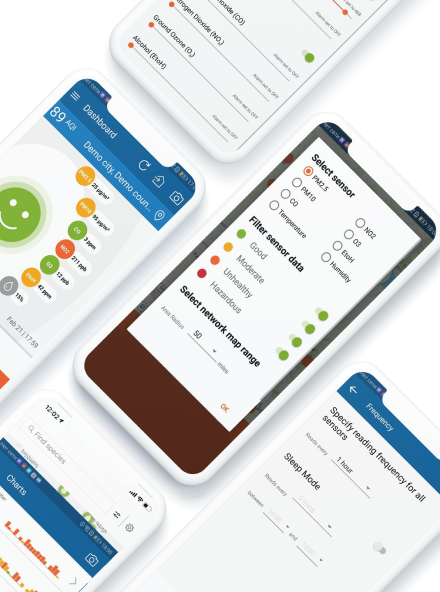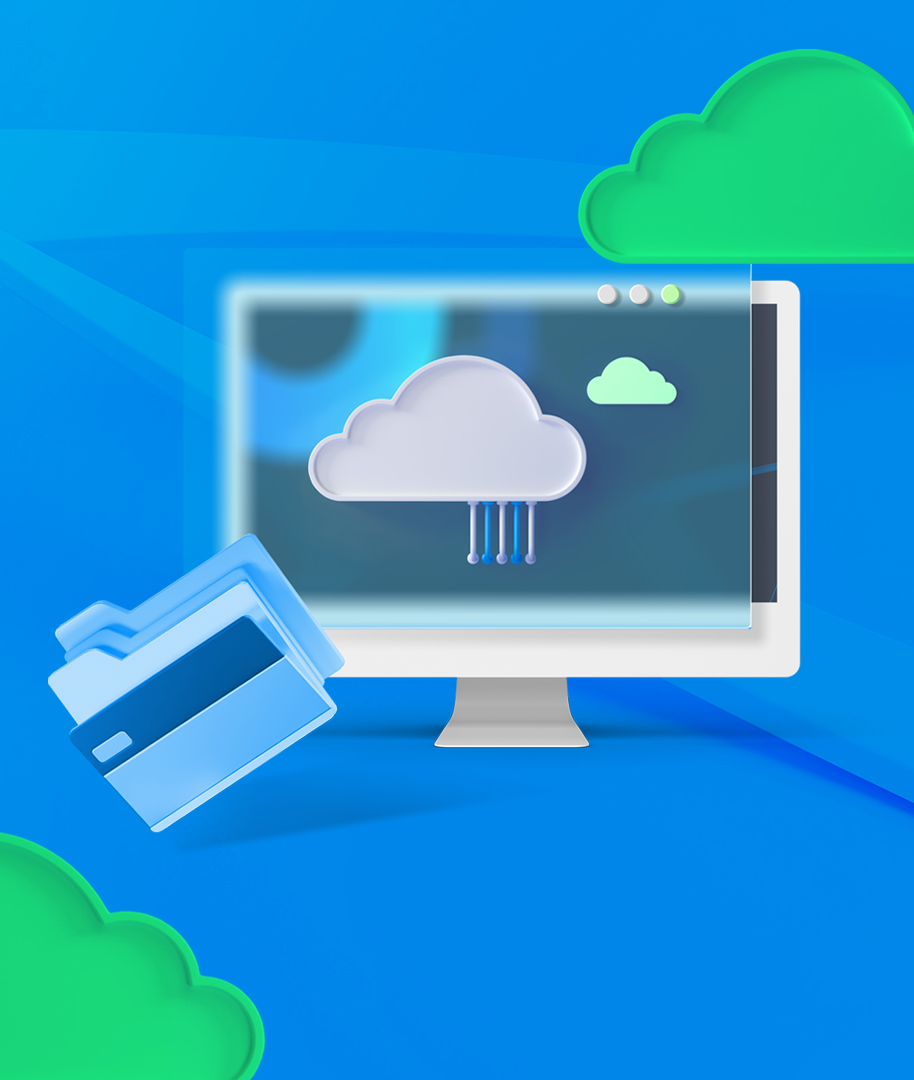
Why is Flutter Good for Mobile App Development?
12 Oct 2022

Flutter is all the rage nowadays, which happens to be quite justified. Let’s look at some numbers and stats:
- As of May 2022, there are more than 500,000 apps built with Flutter.
- As of 2021, 42% of software developers worldwide use Flutter for cross-platform app development.
- 91% of developers agreed that Flutter highly cut down the time needed to develop and release an app.
Apparently, Flutter has won over the hearts of many and become one of the go-to choices for mobile app development. This technology comes with a lot of benefits and advantages for all the sides involved in software product development (developers, business owners, project managers, tech leads, CTOs, marketers, etc.).
Backed by Google, it is always up to date, smooth-functioning, and secure. Not to mention the fact that with each upgrade, Flutter introduces new, more innovative features and functionalities becoming compatible with more platforms and covering a wider spectrum of mobile app development requirements.
Why Choose Flutter for Your Next Mobile App?
Flutter is an open-source software development kit that was introduced by Google in 2017, having its official release in 2018. This tool is based on the Dart programming language which has also been developed by Google.
It offers a large number of advantageous features to its users worldwide. Let’s have a look at some of them:
1. A Single Codebase for All Platforms: Faster Development Cycle
You might have read about this feature of Flutter a million times before, but that doesn’t mean we should skip over it. With Flutter, there is no need to write separate codes for Android and iOS devices. A single Flutter codebase can be used for not only Android and iOS, but also for web, desktop, and other platforms.
This essentially reduces the development time, cuts the costs, and allows you to release your app into the market earlier. You might as well gain a competitive edge as an early bird among those who happen to still be in the process of developing a similar app to yours.
2. Native-Like App Performance
It’s a no-brainer that if you want to ensure good UX, your app should perform well and be bug-free, to say the least. Flutter provides an app performance that is similar to that of native applications. And, to give credit where credit’s due, native apps stand out with their speed, responsiveness, and efficiency. However, since the tools for native app development lack the flexibility of Flutter, many business owners and tech teams choose the latter over the former.
Depending on the project needs, choosing Flutter over native development may or may not be in your best interest. But the fact that Flutter does not fall behind native apps with its smooth and effective performance is beyond doubt.
Moreover, with Flutter, complex UI animation integrations won’t slow down your app or cause additional issues. It will keep functioning smoothly and even better than most native apps in the same scenarios.
You get a native-like performing app that functions on multiple platforms with one codebase saving you time and resources.
3. A Vast Number of Widgets for Seamless User Experience
Flutter is rich in a wide array of widgets, layouts, and themes made for industries of pretty much any kind. They help your app look easy on the eye and attractive to your target audience. Moreover, you can easily modify and customize these widgets, or create your own whenever need be.
Flutter’s UI widgets also ensure the close to native performance of your app releasing you from the thoughts about any possible UI inconsistencies on various devices.
4. Hot Reload: Faster and Simpler Testing
Flutter’s hot reload feature helps speed up the development process by automatically updating the UI content as soon as corresponding code changes happen. Your tech team can use this feature to experiment with the app’s functionalities easily and quickly, to build UIs, and fix bugs in no time.
5. Cost Efficiency
A faster software product development life cycle, a smaller tech team, a single codebase, more simplicity, less complexity - all of these account for the need of a smaller budget than you could expect.
6. Easy Maintenance
Thanks to the single codebase, Flutter apps require the minimum effort when it comes to maintenance. It’s much easier to find and fix bugs, or support third-party libraries. Unlike other native frameworks, Flutter apps make it possible to carry out immediate changes and allow for a faster release of high-quality updates. Such flexibility increases the stability and security of your business and lowers the chances of force majeure situations.
7. Security and Reliability
Despite being a relatively new technology, Flutter is well-tested and tried by its founding father, Google. The latter provides Flutter with full-on support and keeps the tool constantly updated and bug free. Such big player names as Airbnb, Alibaba, BMW, eBay, and Uber use Flutter in their mobile applications. What else can be a better testimony of the reliability of Flutter?
Other than that, Flutter is able to detect potential vulnerabilities and glitches and send you warnings about them before any serious harm is done to your app or business.
8. More International Coverage
As a business owner at some point you will want your services to go global. If this is your case, then Flutter can make the process much easier for you.
As a common practice, when you want your app to be used in different countries and be displayed in different languages, you have to prepare your code for localized content. This process, known as internalization, can take up quite a long while.
However, you can speed it up if you use Flutter’s widgets that support 78 languages, multiple currencies, units of measure, and come with numerous layout options. With Flutter, your app can not only beat the competition locally but also internationally.
9. MVP-Friendliness
If you are a start-up owner on a tight budget looking to test your idea first before investing all your resources in it then Flutter is for you. It offers low development costs and reduced time to market - what else do you need to build the MVP of your product and see if it’s something your customers want?
When to Use Flutter?
Flutter is definitely a great choice for mobile app development but we are not here to say that it is suitable for building any mobile application without exception. You should first consider the needs and demands of your project, your industry, consult your tech team (bear in mind to trust their experience), and then decide whether Flutter is the right choice for you.
In general, Flutter can be used to develop apps of various size and scale (that’s right, enterprise apps are also included in this), and for many different industries. Whether your business is large, medium, or small, you will always benefit from building software with this technology. The final choice comes down to your project’s specific needs and demands.
Usually, it’s best to use Flutter for apps that are to be built from scratch. If there is an existing code written in, say, Kotlin, you should try to make the best use of it. However, if the code is not that useful, you could as well switch to Flutter saving your time, budget, and resources.
Parting Thoughts
What our team values most in a successful business partnership is the mutual trust and good communication. We will assess your project needs carefully and discuss its implementation details by holding a detailed business discovery workshop.
That will help you understand what your business needs software-wise and see whether Flutter app development is the way to go. Our experienced Flutter team will then handle your project professionally and deliver it on time ensuring regular maintenance and support, should there be a need.
If this sounds about right to you, we will be happy to hear from you and learn more about your software project.



